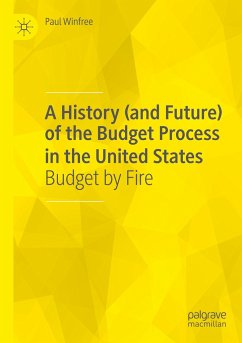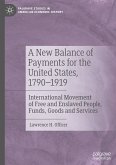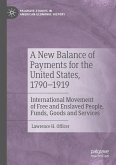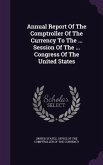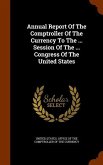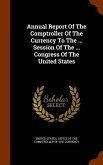The United States has one of the most unique budgeting processes of any modern government. The "powers of the purse" are enumerated under the Constitution, but they were hotly debated by the nation's founding fathers. However, the lack of a legal guide for exactly how to delegate the powers, and under what conditions, has led to a process marked by power struggles-primarily between Congress and the presidency-over the last 230 years. Still, the budget and appropriations process is central to the functioning of the federal government.
This book covers the transformation of American government through the lens of shifting budgeting power, while documenting the evolution of economic policy through the federal budget. As the nation and the federal government have expanded, the budget process has entirely broken down. This book also recommends changes that would help the budget process function more effectively. The chapters are organized both chronologically and topically to help the reader think through the evolution of the budget process. With its comprehensive approach to the history of the budget process-covering the entirety of US federal existence-this book will be a go-to resource for academics and public policy professionals interested in Congressional and executive history.
This book covers the transformation of American government through the lens of shifting budgeting power, while documenting the evolution of economic policy through the federal budget. As the nation and the federal government have expanded, the budget process has entirely broken down. This book also recommends changes that would help the budget process function more effectively. The chapters are organized both chronologically and topically to help the reader think through the evolution of the budget process. With its comprehensive approach to the history of the budget process-covering the entirety of US federal existence-this book will be a go-to resource for academics and public policy professionals interested in Congressional and executive history.

